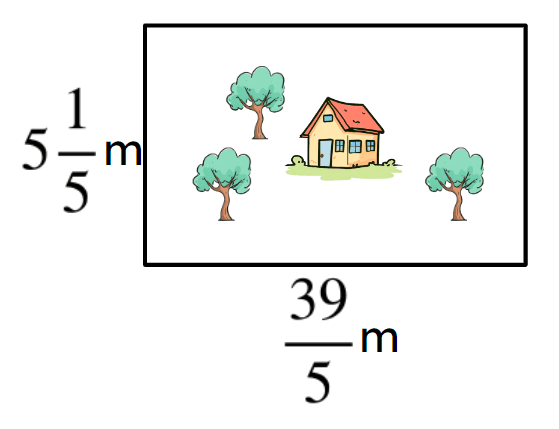Myths about teaching can hold you back
Learn why
New
New
Lesson 5 of 18
- Year 7
Converting fractions to terminating decimals
I can divide the numerator of a fraction by its denominator and know that this results in an equivalent terminating decimal.
Lesson 5 of 18
New
New
- Year 7
Converting fractions to terminating decimals
I can divide the numerator of a fraction by its denominator and know that this results in an equivalent terminating decimal.
These resources were made for remote use during the pandemic, not classroom teaching.
Switch to our new teaching resources now - designed by teachers and leading subject experts, and tested in classrooms.
Lesson details
Assessment exit quiz
Download quiz pdf




